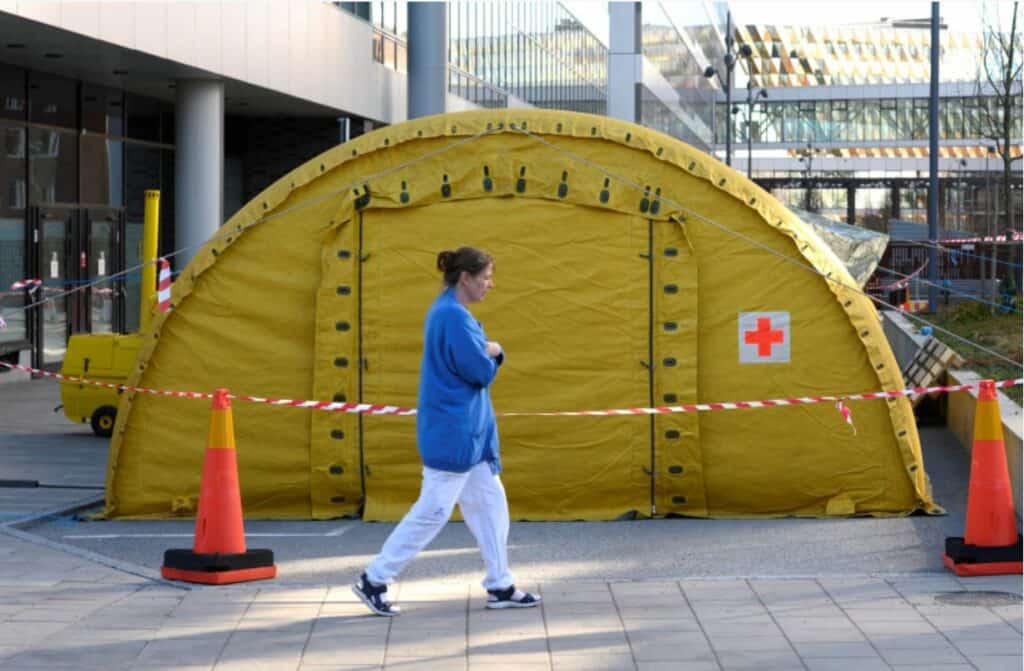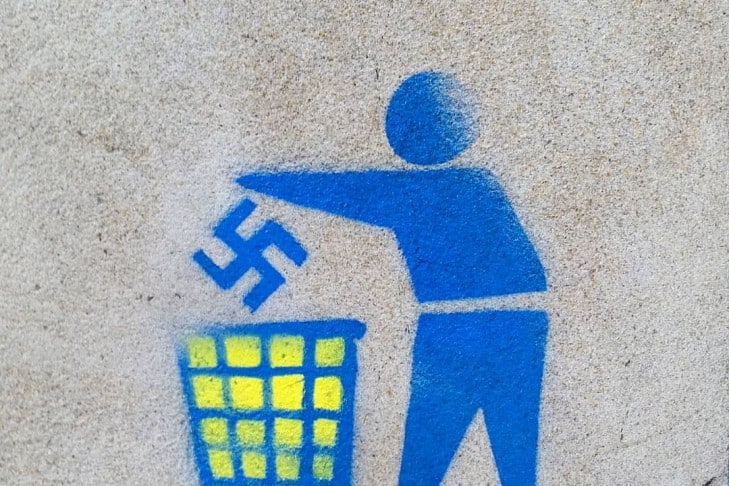Serbia has adopted the IHRA definition of antisemitism, the latest Balkan country to do so following Romania, Bulgaria and North Macedonia.
European Jewish Association Chairman Rabbi Menachem Margolin today welcomed the move:
“Serbs, along with Jews, suffered the worst excesses of Nazism, as Hitler blamed both for the first world war. We welcome Serbia to the fold of countries that understand the danger of resurgent antisemitism across the continent and are rigorously committed to stamping it out and clearly stating what it is, without equivocation.
We continue to urge other countries who have not signed up in full, to do so. The coronavirus will, thank goodness, pass and eventually be eradicated. We still have much work to do to eliminate the virus of antisemitism. “
















